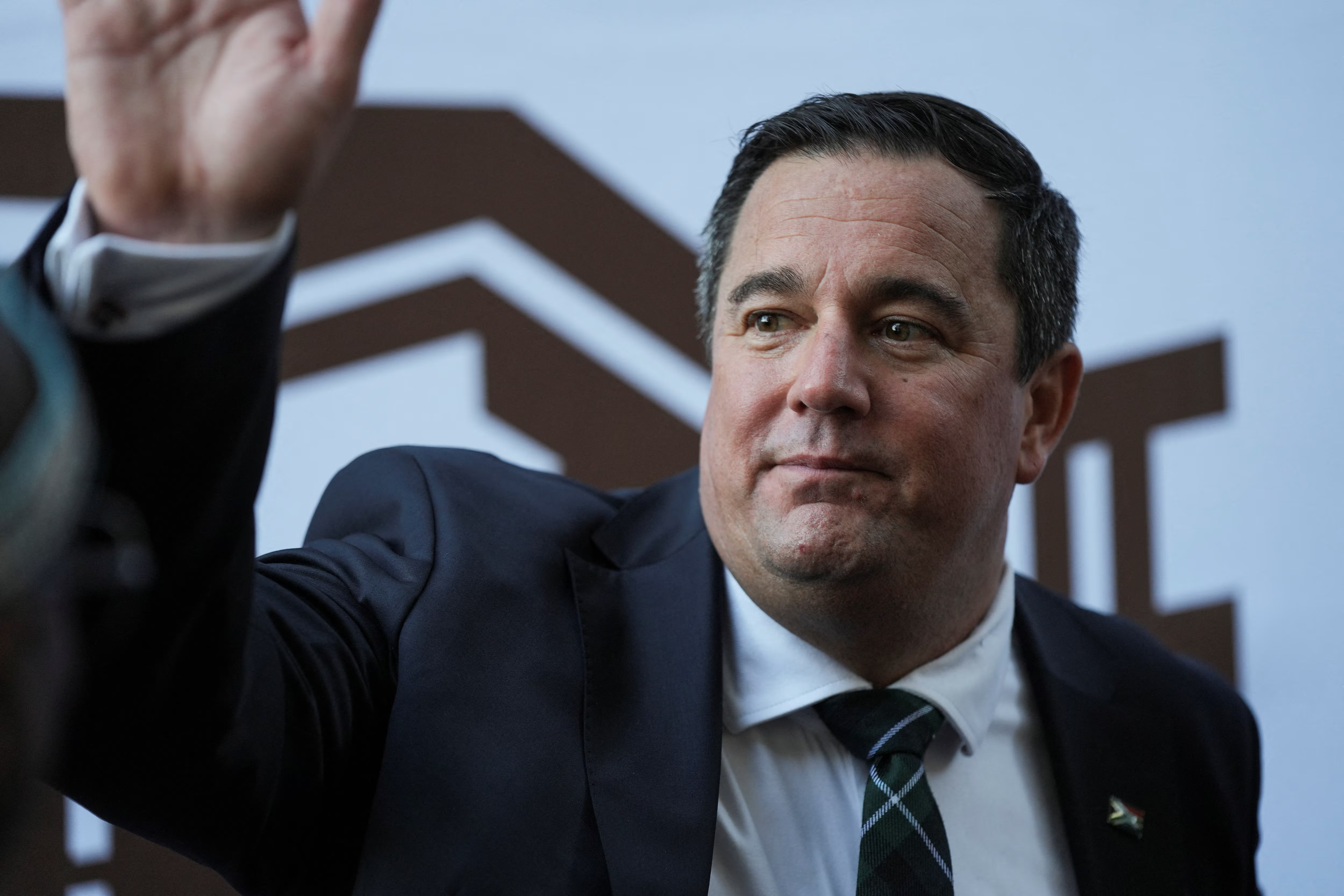
JOHANNESBURG, April 1 (Reuters) – South Africa’s two biggest political parties, the African National Congress and the pro-business Democratic Alliance were yet to reach agreement to pass the budget on Tuesday, hours before a key parliamentary committee was set to debate it.
The budget has been the biggest test yet for the broad coalition government formed last year after the ANC, the former liberation movement of Nelson Mandela, lost its parliamentary majority for the first time since helping end apartheid in 1994.
Negotiations between the ANC and the Democratic Alliance have dragged on for weeks. The ANC needs the support of at least one other big party to pass the budget while the DA has sought more sway over policymaking.
“Last night, the ANC refused to finalise an agreement on growth and spending reforms, imperilling the (coalition),” Democratic Alliance party leader John Steenhuisen said on X. “The DA will oppose the budget unless and until a written agreement is reached.”
The ANC and DA are ideologically opposed on many issues, including education, land and health legislation, but have overcome occasional disputes to govern together so far.
ANC chief whip Mdumiseni Ntuli told local broadcaster Newzroom Afrika the party believed it had “sufficient consensus” to pass the first parliamentary hurdle for the budget, Tuesday’s meeting of the Standing Committee on Finance on the fiscal framework.
The lower house of parliament, the National Assembly, is due to consider the parliamentary committee’s recommendations and could vote on them on Wednesday.
The DA postponed a press conference it had called for 0630 GMT on Tuesday on the budget talks. ANC leader Cyril Ramaphosa and the DA’s Steenhuisen are expected to hold talks later on Tuesday.
The budget for the fiscal year starting on April 1 was meant to be presented in February but was postponed because of disagreements in the coalition over a plan to raise value-added tax by two percentage points.
Finance Minister Enoch Godongwana tabled a revised budget in March proposing a one-point VAT hike spread over two years, but it was swiftly rejected by most big parliamentary parties.
(Additional reporting by Sfundo Parakozov and Wendell Roelf; Writing by Alexander Winning; Editing by Clarence Fernandez and Bernadette Baum)

